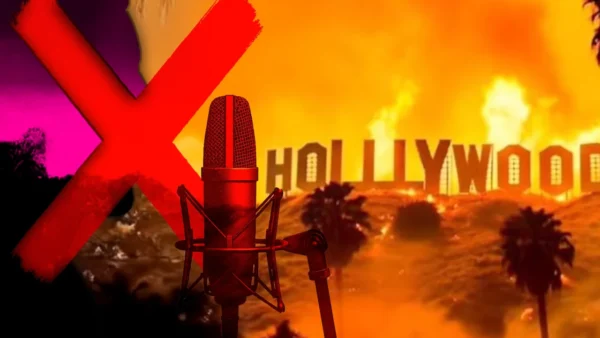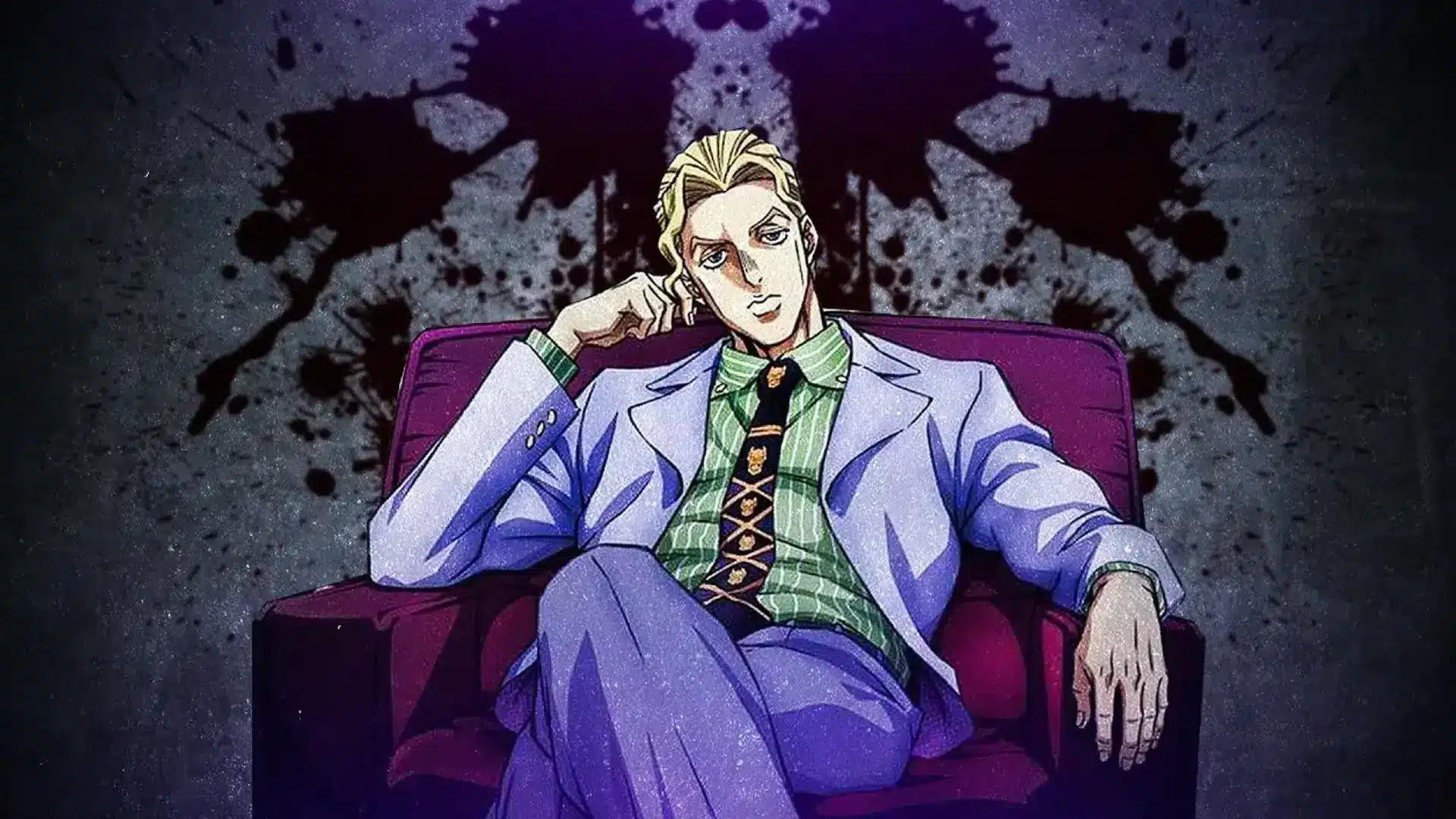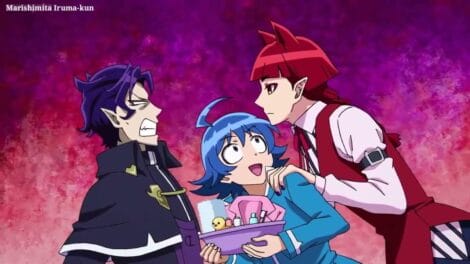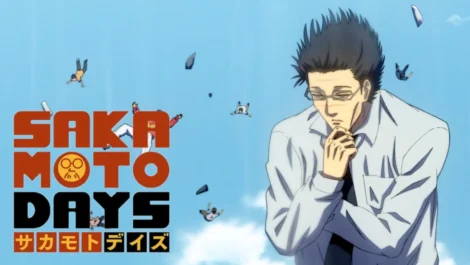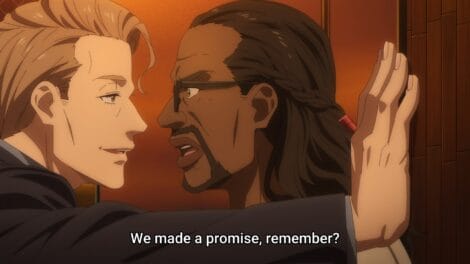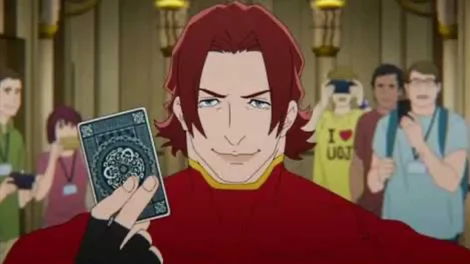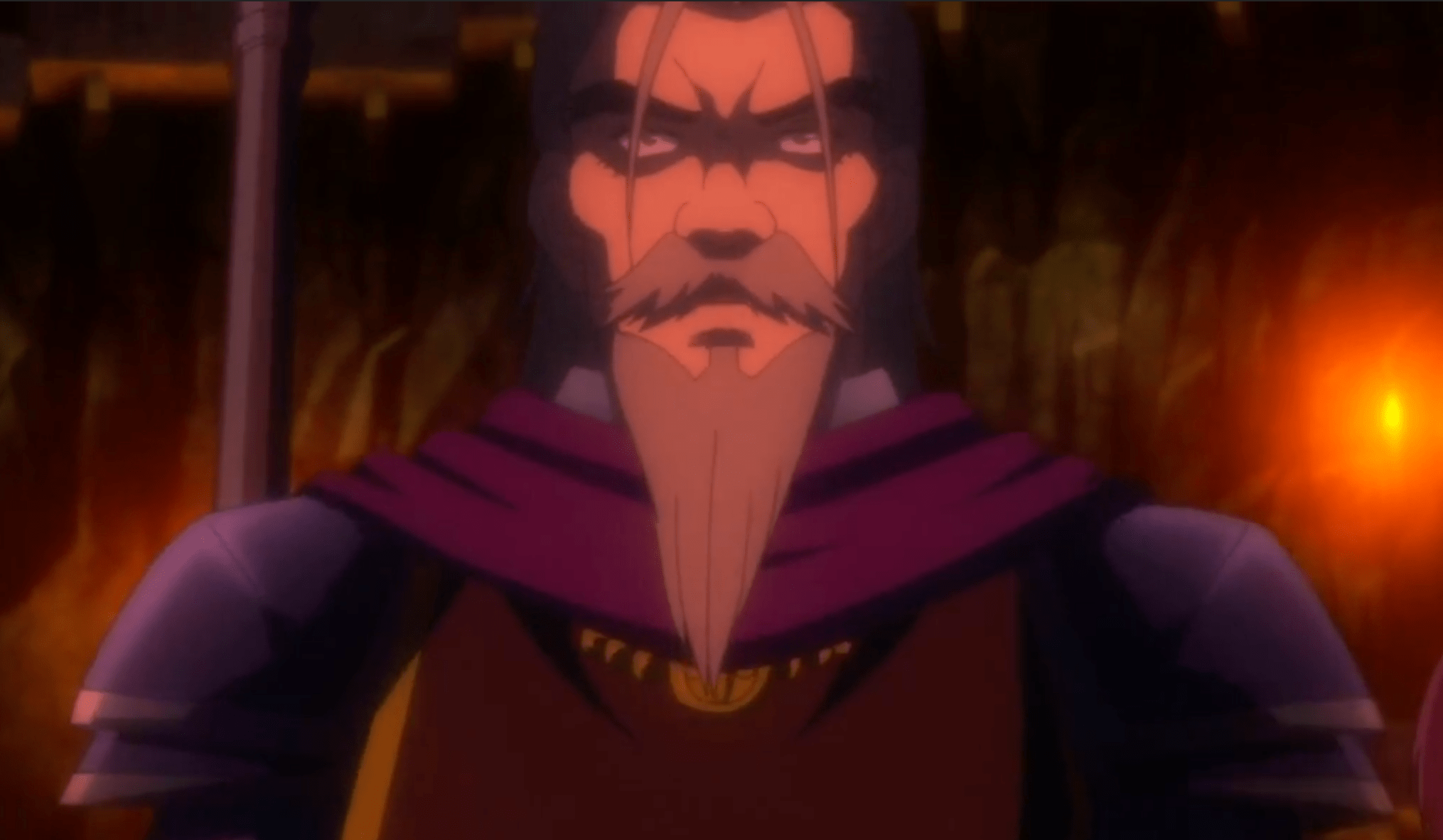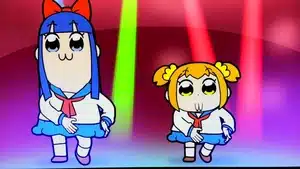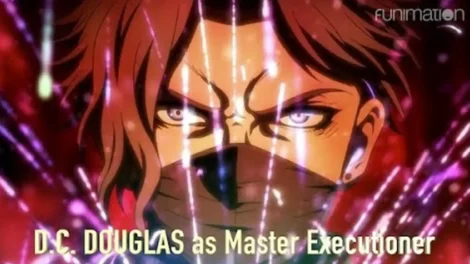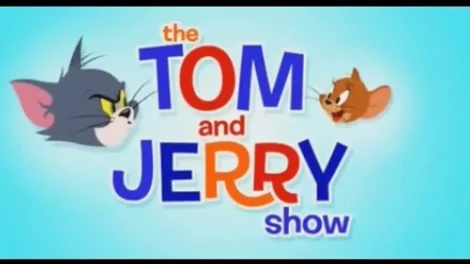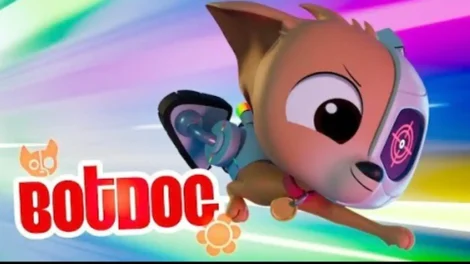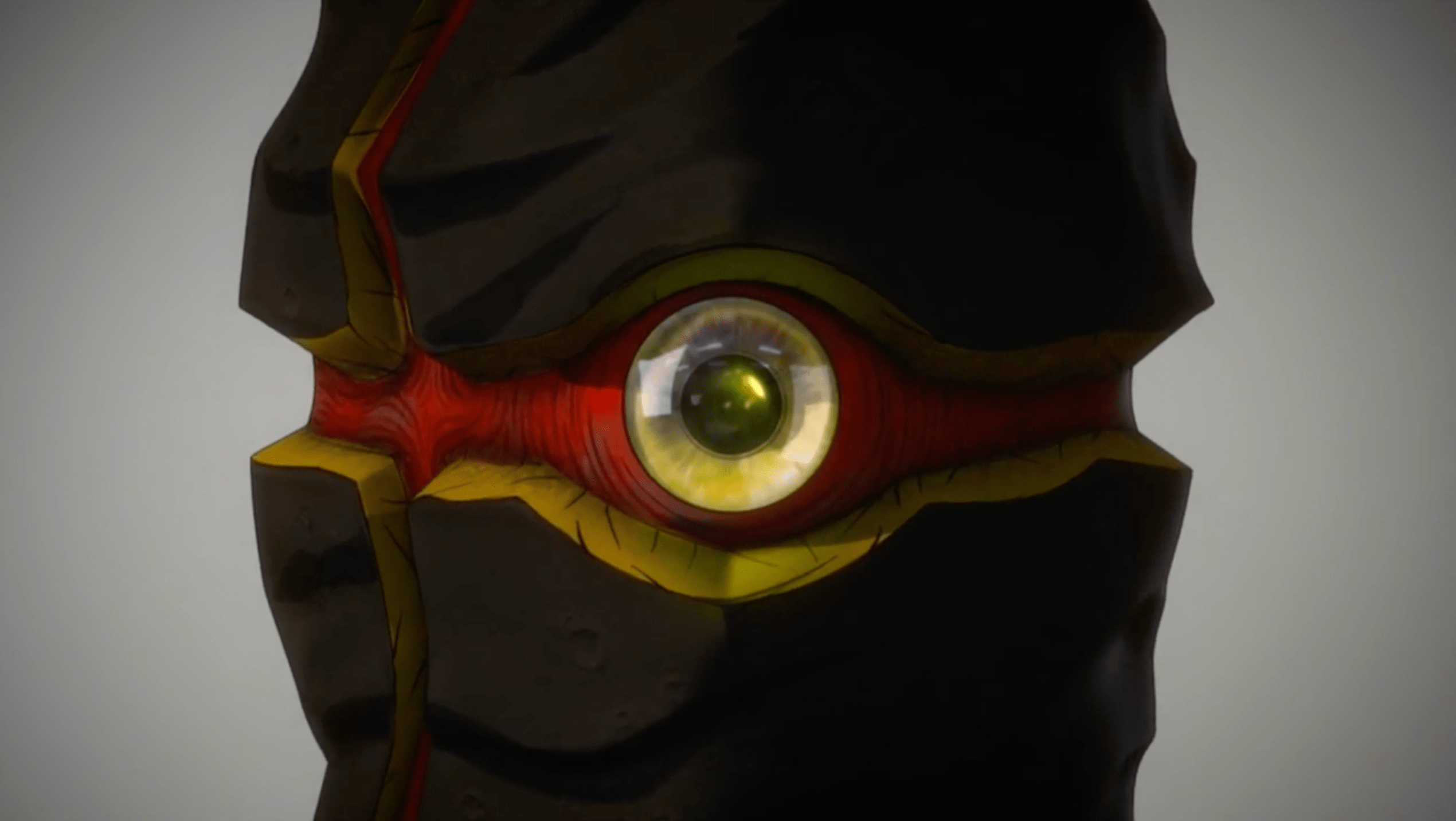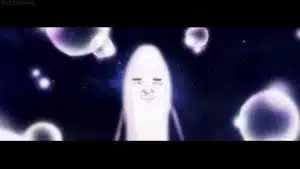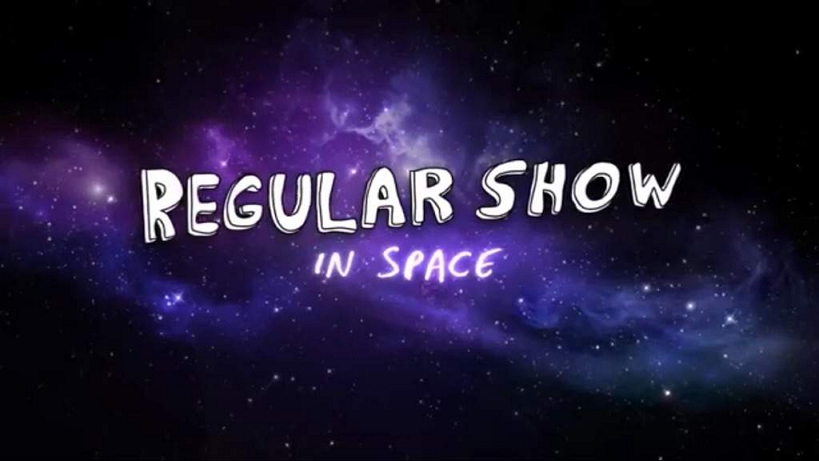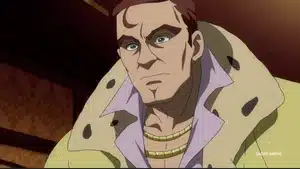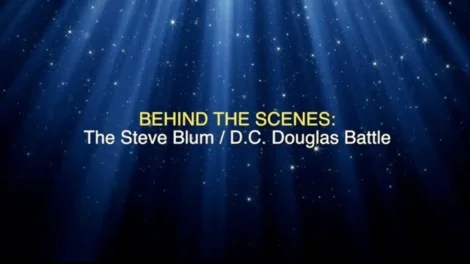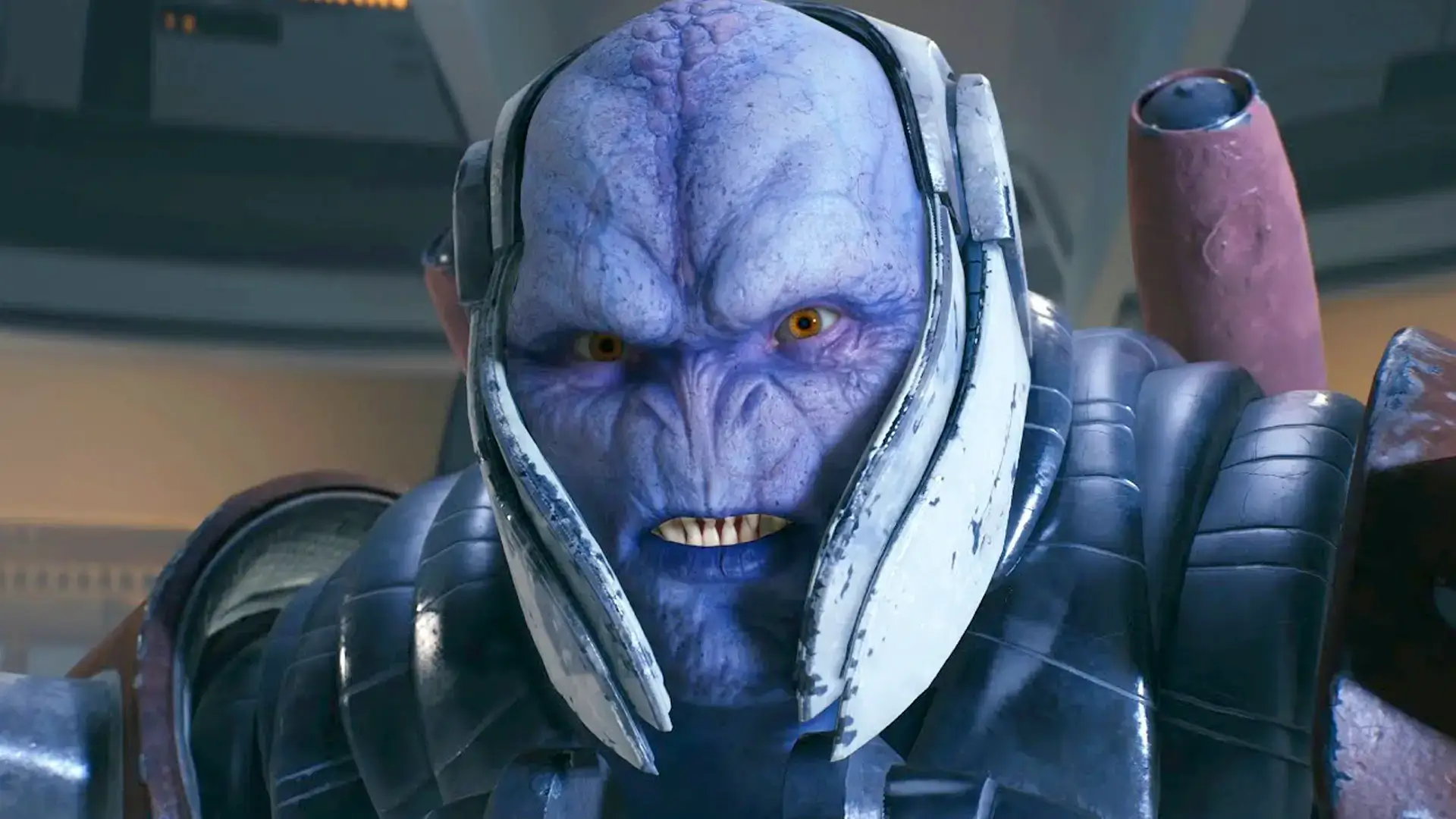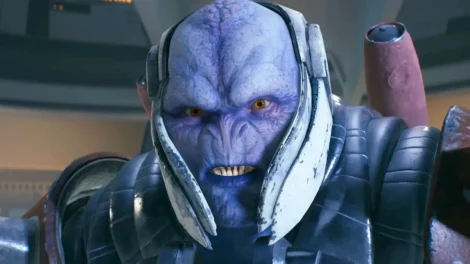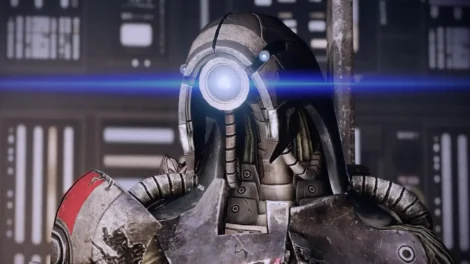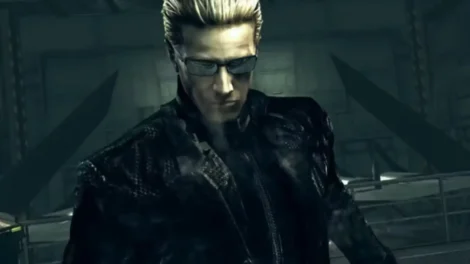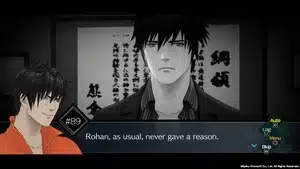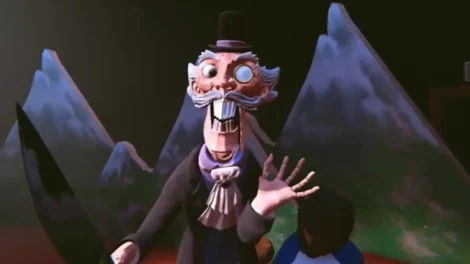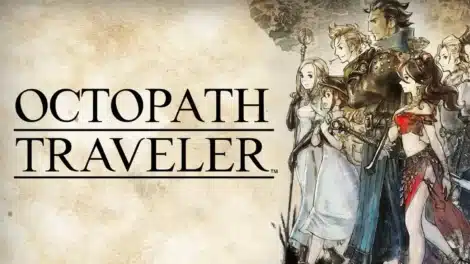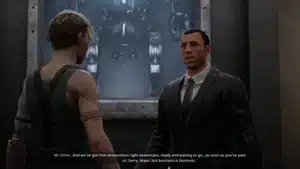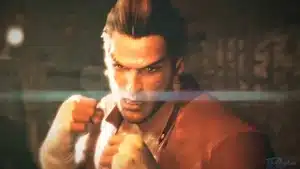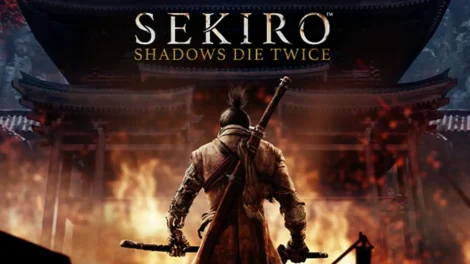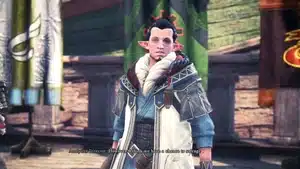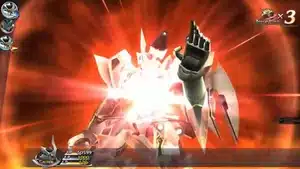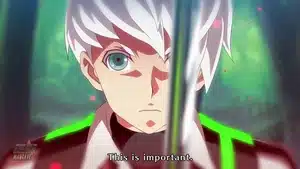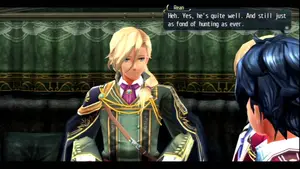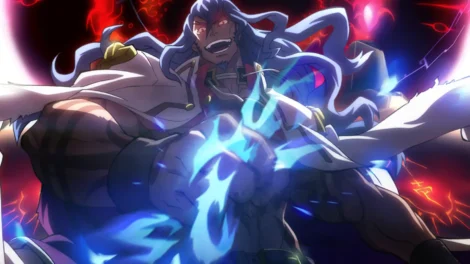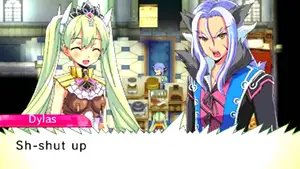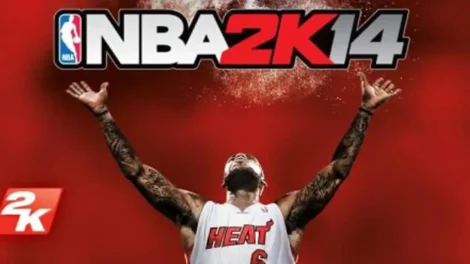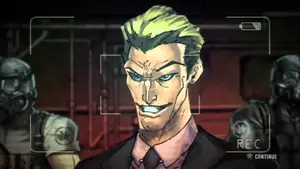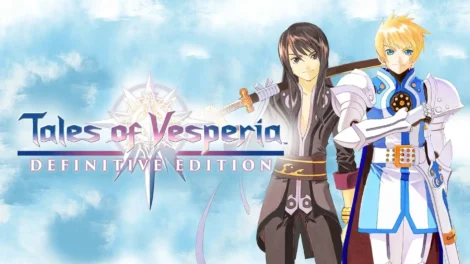An AI Zen Approach…
Introduction: The Echoes of Our Choices
In the grand tapestry of human expression, voice acting stands as a unique art form – one that breathes life into characters unseen, yet deeply felt. Like the ripples on a pond, the choices made in this realm extend far beyond the recording booth, touching the lives of countless individuals and shaping our collective consciousness. As we embark on this journey through five notable controversies in voice acting, let us approach each with an open mind and a compassionate heart, recognizing that within each challenge lies an opportunity for growth and transformation.
1. The Apu Awakening: A Lesson in Mindful Representation
The “Simpsons” Apu Controversy:
Actor Involved: Hank Azaria
Details: Hank Azaria, a white actor, voiced Apu Nahasapeemapetilon, an Indian character on “The Simpsons” for many years. The portrayal was criticized for perpetuating stereotypes, leading to significant public outcry and a documentary by comedian Hari Kondabolu called “The Problem with Apu.” Azaria eventually stepped down from voicing Apu, acknowledging the need for more authentic representation.
The Unfolding of Awareness
For decades, the character of Apu Nahasapeemapetilon in “The Simpsons” existed as a fixture of American pop culture, his exaggerated accent and mannerisms accepted without much questioning. Yet, as with all things in this impermanent world, change was inevitable. The release of Hari Kondabolu’s documentary, “The Problem with Apu,” served as a catalyst, awakening many to the unintended consequences of such portrayals.
The Ripples of Realization
As the controversy unfolded, it became a mirror reflecting our society’s evolving understanding of representation and cultural sensitivity. Hank Azaria’s decision to step down from voicing Apu was not merely a change in casting; it was a profound acknowledgment of the power of voices – both literal and metaphorical – in shaping perceptions and experiences.
The Path to Harmony
In the spirit of the Buddhist concept of “Right Speech,” we are reminded that our words and portrayals have the power to heal or harm. The Apu controversy invites us to practice mindfulness in our creative expressions, to consider the far-reaching impact of our choices, and to strive for a representation that honors the diversity of human experience.
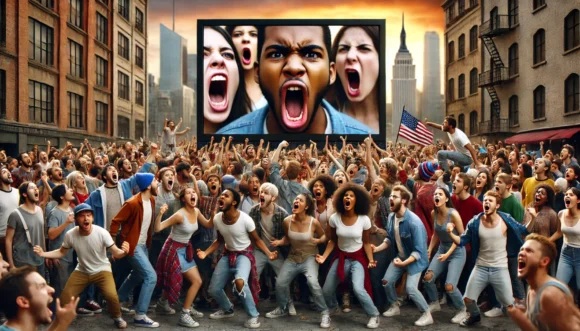
2. Cleveland’s Transition: The Wisdom of Letting Go
The “Family Guy” Cleveland Brown Controversy:
Actor Involved: Mike Henry
Details: Mike Henry, a white actor, voiced Cleveland Brown, a Black character on “Family Guy” and its spin-off “The Cleveland Show.” Amid the heightened awareness of racial representation and social justice movements, Henry announced in 2020 that he would step down from the role, stating that people of color should voice characters of color.
The Dance of Change
Mike Henry’s decision to step down from voicing Cleveland Brown in “Family Guy” and “The Cleveland Show” exemplifies the Taoist principle of “wu wei” – action through non-action. By relinquishing his role, Henry opened a path for more authentic representation, demonstrating that sometimes the most powerful action is to step aside.
The Illusion of Separation
This controversy challenges us to examine our attachments to familiar voices and personas. It reminds us that the essence of a character transcends the individual who gives it voice, much like the Buddhist concept of non-self (anatta). As Arif Zahir stepped into the role of Cleveland, we are invited to see the continuity of character beyond the change in voice, a reflection of the ever-flowing nature of existence.
The Harmony of Diversity
The recasting of Cleveland Brown serves as a microcosm of larger societal shifts towards inclusivity and equity. It echoes the Zen teaching that true harmony arises not from uniformity, but from the embracing of diversity. In this light, the controversy becomes a stepping stone towards a more balanced and representative industry.
3. Korra’s Calling: Aligning Intention and Action
“The Legend of Korra” Casting Backlash:
Actors Involved: Janet Varney and other cast members
Details: The sequel to “Avatar: The Last Airbender,” “The Legend of Korra,” faced criticism for its predominantly white voice cast despite being set in a world inspired by various Asian cultures. Fans and critics pointed out the lack of diversity and representation in the casting choices.
The Paradox of Representation
The Legend of Korra” presents us with a fascinating paradox – a world rich in diverse cultural influences, voiced predominantly by actors of a single ethnicity. This dissonance between visual representation and vocal embodiment invites us to contemplate the nature of authenticity in art and media.
The Middle Way
Drawing from the Buddhist concept of the Middle Way, we can approach this controversy not through extreme positions, but by seeking balance. While the show’s creators likely had positive intentions in crafting a diverse world, the casting choices reveal the often unconscious biases that persist in the industry. This situation calls for a mindful examination of our creative processes and the systems that inform them.
The Awakening of Consciousness
The backlash against “The Legend of Korra’s” casting choices, while not resulting in immediate changes, planted seeds of awareness that continue to grow. It reminds us of the Zen concept of “beginner’s mind” – the idea that true wisdom comes from approaching each situation with openness and without preconceptions. As the industry evolves, may we cultivate this beginner’s mind, always ready to learn and adapt.
4. The Phantom Voice: David Hayter and the Impermanence of Roles
Voice Actor Replacements in Video Games:
Actor Involved: David Hayter
Details: David Hayter, the iconic voice of Solid Snake in the “Metal Gear Solid” series, was controversially replaced by Kiefer Sutherland in “Metal Gear Solid V: The Phantom Pain.” Fans were upset by the sudden change, and Hayter himself expressed disappointment and frustration over not being informed or included in the decision.
The Attachment to the Familiar
The replacement of David Hayter as the voice of Solid Snake in the Metal Gear Solid series serves as a poignant reminder of the Buddhist teaching on impermanence and attachment. Fans’ strong emotional reactions to this change reflect our human tendency to cling to the familiar, to resist the natural flow of change.
The Illusion of Continuity
This controversy invites us to examine our perceptions of continuity and identity. Just as the Ship of Theseus philosophical question asks whether an object that has had all its parts replaced remains the same object, we might ask: Is Solid Snake still Solid Snake with a different voice? This contemplation can lead us to a deeper understanding of the fluid nature of identity and the arbitrary nature of our attachments.
The Liberation of Letting Go
While initially met with resistance, the change in Snake’s voice offers a valuable lesson in adaptation and acceptance. It echoes the Zen teaching that true freedom comes not from holding on, but from letting go. As we learn to embrace change in our beloved franchises, we cultivate a more flexible and resilient approach to life itself.
5. The Shell of Perception: “Ghost in the Shell” and Cultural Identity
“Ghost in the Shell” Casting Controversy:
Actor Involved: Scarlett Johansson (related to live-action, but tied to voice acting controversy)
Details: Scarlett Johansson was cast as Major Motoko Kusanagi in the live-action adaptation of the Japanese anime “Ghost in the Shell.” The casting was criticized for whitewashing, given the original character’s Japanese origins. While not directly related to voice-over, the controversy highlighted the broader issue of authentic representation in adaptations, including voice roles.
The Interbeing of Cultures
The controversy surrounding Scarlett Johansson’s casting in “Ghost in the Shell” extends beyond simple questions of representation. It touches upon deep philosophical questions about the nature of identity, the interplay between culture and individual, and the concept of “interbeing” as expressed in Thich Nhat Hanh’s teachings.
The Mirage of Fixed Identity
In a globalized world where cultures constantly intersect and influence each other, the “Ghost in the Shell” controversy challenges us to examine our notions of cultural ownership and authenticity. It invites us to consider: In a future world of advanced technology and cultural fusion, how do we define and respect cultural identity?
The Path of Compassionate Action
While the film proceeded with its controversial casting, the ensuing dialogue opened new paths for understanding and action. It reminds us of the bodhisattva ideal in Buddhism – the commitment to work tirelessly for the benefit of all beings. In this light, we can view the controversy not as a final judgment, but as a call to ongoing awareness and compassionate action in our creative endeavors.
Epilogue: The Ongoing Journey
As we reflect on these five controversies, we are reminded that the path to true representation and understanding is not a destination, but an ongoing journey. Each controversy, with its challenges and lessons, serves as a waypoint on this path, guiding us towards a more inclusive and mindful approach to storytelling and representation.
In the spirit of Zen, let us approach these issues not with rigid judgment, but with open curiosity. Let us listen deeply to the voices that have long been marginalized, and let us act with courage and compassion to create a world where all stories can be told authentically.
As we move forward, may we carry with us the wisdom of impermanence, the compassion of interbeing, and the mindfulness to consider the far-reaching impacts of our creative choices. In doing so, we not only transform the landscape of voice acting but contribute to the greater harmony of our interconnected world.
A Call to Mindful Engagement
Dear reader, as you contemplate these controversies and their implications, we invite you to engage in your own practice of mindful reflection. Consider the following questions:
- How do these controversies reflect broader patterns in your own life and society?
- In what ways can you cultivate greater awareness and compassion in your own creative or professional endeavors?
- How might the principles of impermanence and interbeing guide your approach to representation and diversity?
May your journey be filled with wisdom, compassion, and the joy of discovery.

